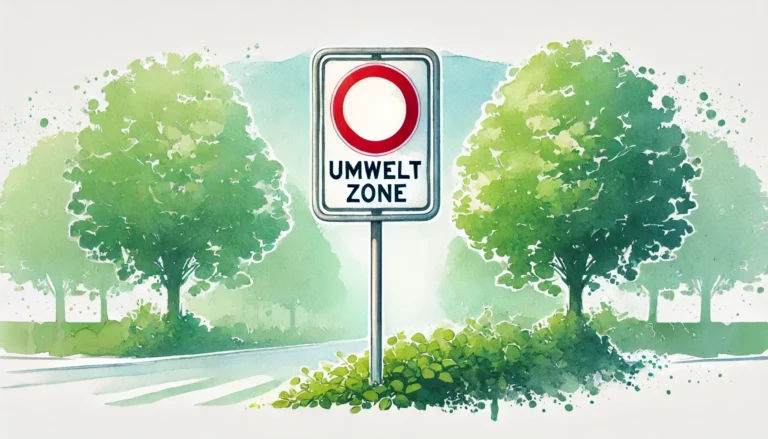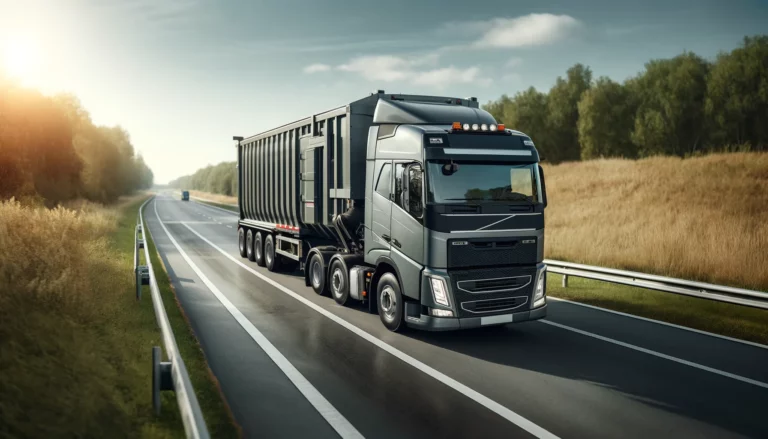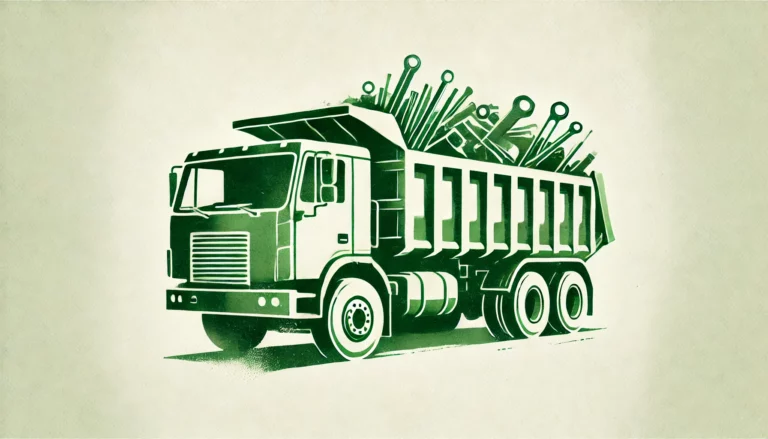Waste transport - new entrant vs. company with experience

The demand for waste transport services has increased significantly in recent years. More and more industrial, construction or municipal waste management companies are choosing to work with external logistics operators. As a result, many new hauliers are appearing on the market. At the same time, companies with many years of experience continue to dominate in terms of scale of operations and customer confidence. In this article, we will compare the strengths and weaknesses of both experienced companies and those just starting out in the industry. We will examine what strengths they have, what challenges they face and how customers rate them.
Need help obtaining a waste transport permit?
e.nadolna@ekologistyka24.pl , +48 881 045 376
j.blazewicz@ekologistyka24.pl , +48 500 867 153
Waste transport: experienced company = reliable partner
Companies that have been in the market for years have extensive logistics facilities and knowledge of the practical aspects of the waste industry. They usually have their own fleet, trained staff and procedures tailored to different types of waste. As a result, they are able to react quickly to changes in legislation or customer requirements.
Another advantage of experienced operators is well-established cooperation with authorities and business partners. In practice, this helps to reduce turnaround times and the risk of administrative errors. Customers often perceive such companies as more reliable and secure.
This is confirmed by Paweł Koszyński, expert on transport documentation and waste transport:
The choice of waste carrier depends on the nature of the order. Debris hauliers often offer attractive terms and a high degree of flexibility, which works well for simple transports. However, in the case of problematic, hazardous waste or waste requiring precise documentation (BDO, notifications, ITD inspections), the experience of the haulier becomes invaluable.
A proven partner knows the industry, the regulations, can react to changes and anticipate potential risks. He or she is the one who guarantees compliance and peace of mind for the principal. That is why, in most cases, it is worth betting on practice and proven quality, even if a new player in the market seems more 'flexible'.
Flexibility and innovation - the strengths of new businesses
New players just entering the waste transport market usually do not yet have large structures, which makes them more flexible. They are able to make decisions more quickly, experiment with new technologies and look for niches in which to specialise. It is innovation that often becomes their main asset.
Many new operators are implementing digital solutions early in their operations - from automating documentation to geolocation of the fleet. This approach helps to compete with larger companies, especially in local markets. In addition, newcomers often offer more flexible terms and conditions.
Legal obligations and their knowledge - who fares better?
Experienced companies often have specialised departments dedicated to the control of legal compliance. Knowledge of BDO, SENT, ADR or cross-border waste shipments is a daily occurrence for them. Therefore, formal errors are less frequent.
New carriers, on the other hand, may initially face difficulties in interpreting regulations and implementing procedures. However, with access to training, the support of advisors and the outsourcing of some activities, they have a real chance of quickly catching up with older companies in terms of legal compliance.
How do customers choose a partner? The purchaser's perspective
From the customer's point of view, it is not only the price that matters. Timeliness, quality of service, compliance and communication are equally important. An experienced company often inspires trust just by its seniority and opinions in the industry. However, a new company can gain a customer through a personalised approach and better terms of cooperation.
Many contracting authorities opt for tenders or bid competitions, where it is not only the business history that counts, but also flexibility, certifications, internal procedures and the quality of documentation. So both a leader with experience and a newcomer with an innovative approach can gain an advantage.
He points out Łukasz Binkowski, expert whose forte is waste supply chain management and intermodal transport. Indeed, he believes that:
New companies in the waste haulage market often offer something that experienced haulage companies lack - a fresh approach, full commitment and a willingness to cooperate flexibly. Every order is an opportunity for them to grow, so they are committed to quality, punctuality and customer relations.
Debutants invest in cutting-edge solutions, keep up to date with regulations and do not act routinely. They are often quicker to respond, more accessible and competitively priced. A principal can gain not only a partner who makes an effort - but also an advantage through an innovative approach.
Can a new company compete with the market leader?
Yes, but it must bet on quality and professionalism from day one. Specialising in a particular type of waste, such as construction, hazardous or industrial, allows you to build a unique position. Efficient communication with the client and flexibility to adapt to their needs is equally important.
New companies can also consider working with larger operators as subcontractors. This is a good solution to gain experience and gradually build an independent brand. The key to success, however, will be consistency, quality of service and compliance.
Waste transport - better an experienced company or a newcomer to the market?
Waste transport is a demanding industry where it is not only experience that counts, but also innovation, speed of adaptation and customer focus. Both companies with a long history and new operators can operate successfully in the market - provided they deliver a quality service and comply with regulations. Ultimately, it is not so much the seniority of a company as its operational approach that determines success. Customers value reliability, predictability and transparency in operations. This can be guaranteed both by a company with many years' experience and by a well-organised newcomer.






